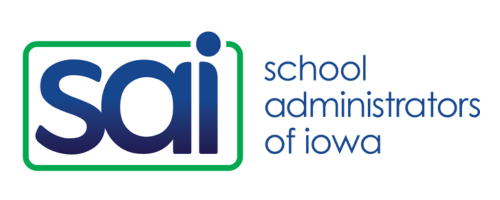6 Essential Leadership Skills to Kick off the New Year (and how to develop them)
Successful leadership in an ever changing educational landscape requires an evolved skill set. This summary adapted from a recent Harvard Business Review article identifies 6 key leadership skills to support you in inspiring those you lead to the results your students deserve.
Three key changes impact the need for a different skill set:
- In the 20th century, leaders set the vision from above and answered questions; today, the best leaders solicit feedback and ask questions (get curious about yourself, your staff, and your context).
- The pandemic has influenced who we are today and what people want from their employer; what has been the impact on your staff?
- Significant technological shifts have opened doors to new ways of thinking, being, and working (new generations want a quality leadership-life fit and purpose in their work).
These leadership skills are essential for navigating today’s workplace.
| Leadership Skill | How to Develop It |
1. Emotional Aperture (tuning into the emotional dynamics of your people)
|
Engage in practices that focus on group dynamics and self-reflection:
|
| 2. Adaptive Communication (adjusting your behavior and leadership style to fit the situation). “Connecting with the group’s emotional energy can make a difference in your problem-solving and relationship- building; it helps you work toward a compelling vision. Simply put: Vibes matter.” (Exactly what I’ve been saying for years)! |
|
| 3. Flexible Thinking (get comfortable with uncertainty and ambiguity; stay open, seek new ideas and opinions) |
|
| 4. Perspective Seeking, Taking, & Coordinating (research shows power reduces empathy and narrows focus) |
|
| 5. Strategic Disruption Skills (Identify and question outdated practices. Push for continuous improvement) |
|
| 6. Resilient Self-Awareness (recognize your own limitations and understand when to seek support; in addition to shouldering the responsibility for the well-being of your team and staff, you also need to take care of you) |
Choose 1-2 areas of focus, and then follow up with specific questions like: Five months ago, you told me to work on becoming a better listener. I’ve tried not to interrupt and to stay off my phone. How am I doing? Repeat 2-3 times/year. In doing so, you model how to accept feedback. |
Questions for processing in your mentoring partnership:
- Which of these skills feels most comfortable to me?
- Where do I have opportunities to develop?
- What activity will I try to develop this skill? How will I know I have improved?
- What other activities will help me develop the 1-2 skills on which I’d like to focus?
- Mentors, what activities have supported you in developing these skills?
Read the full article here.
